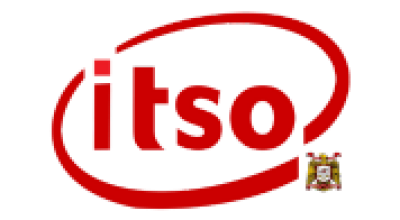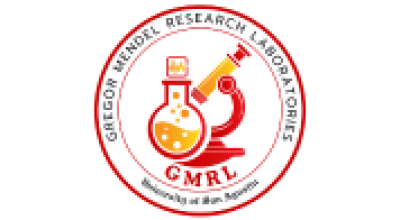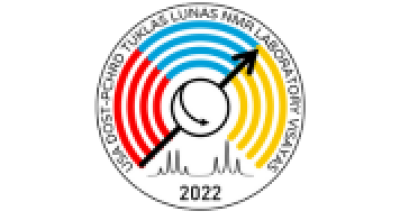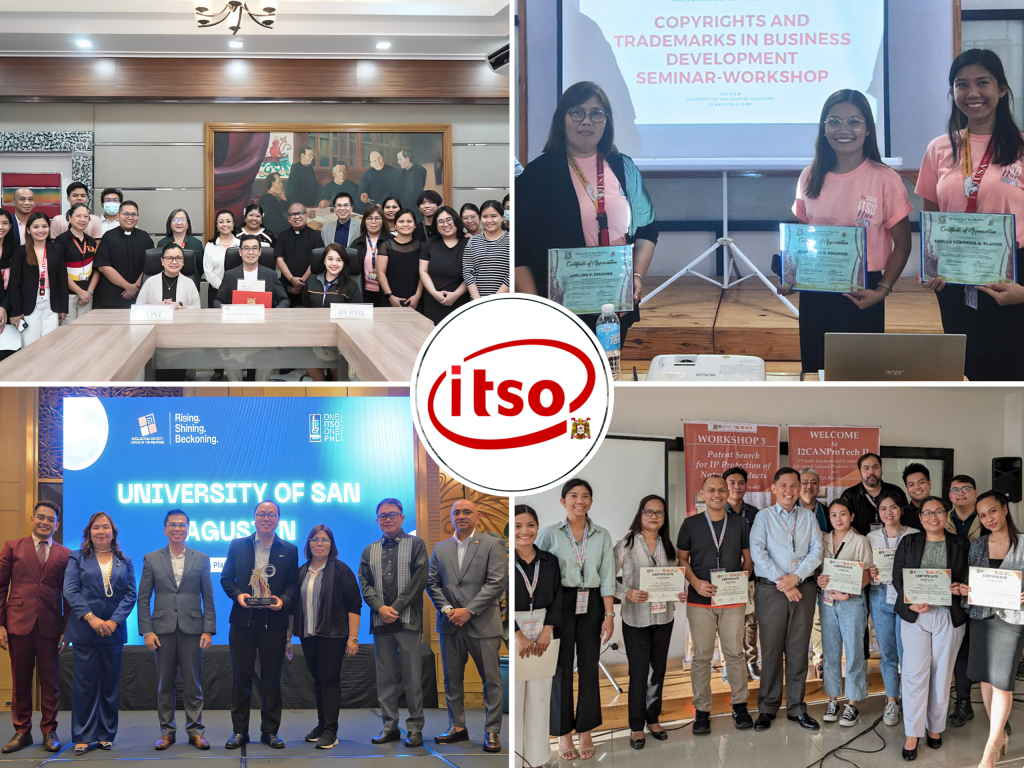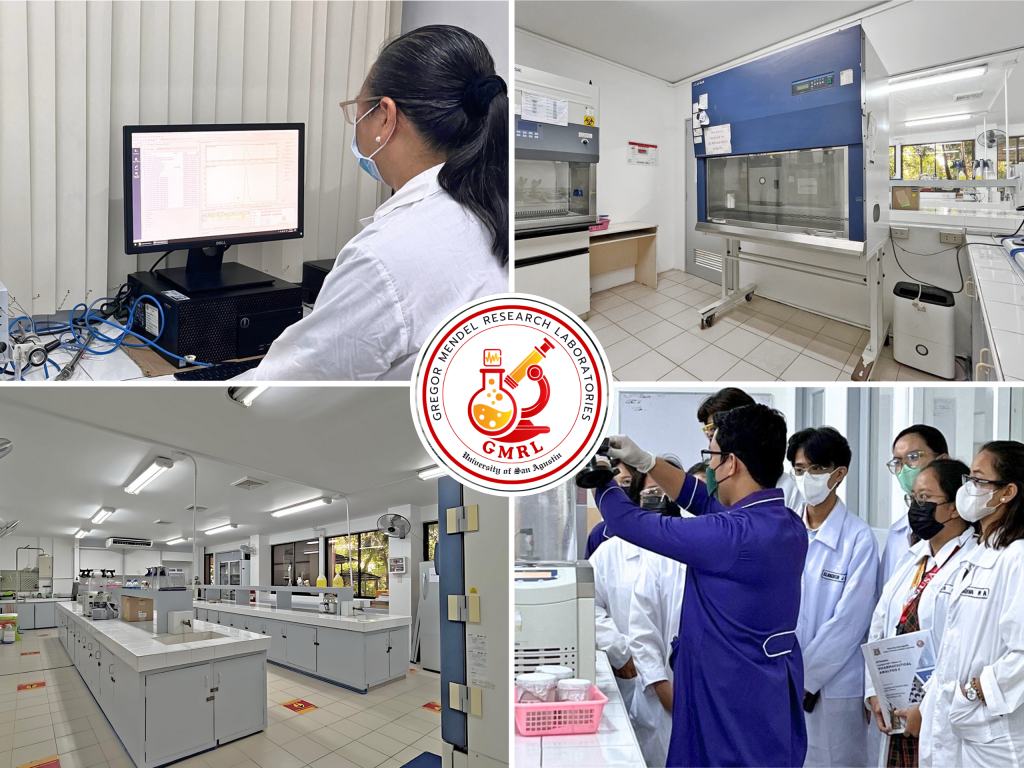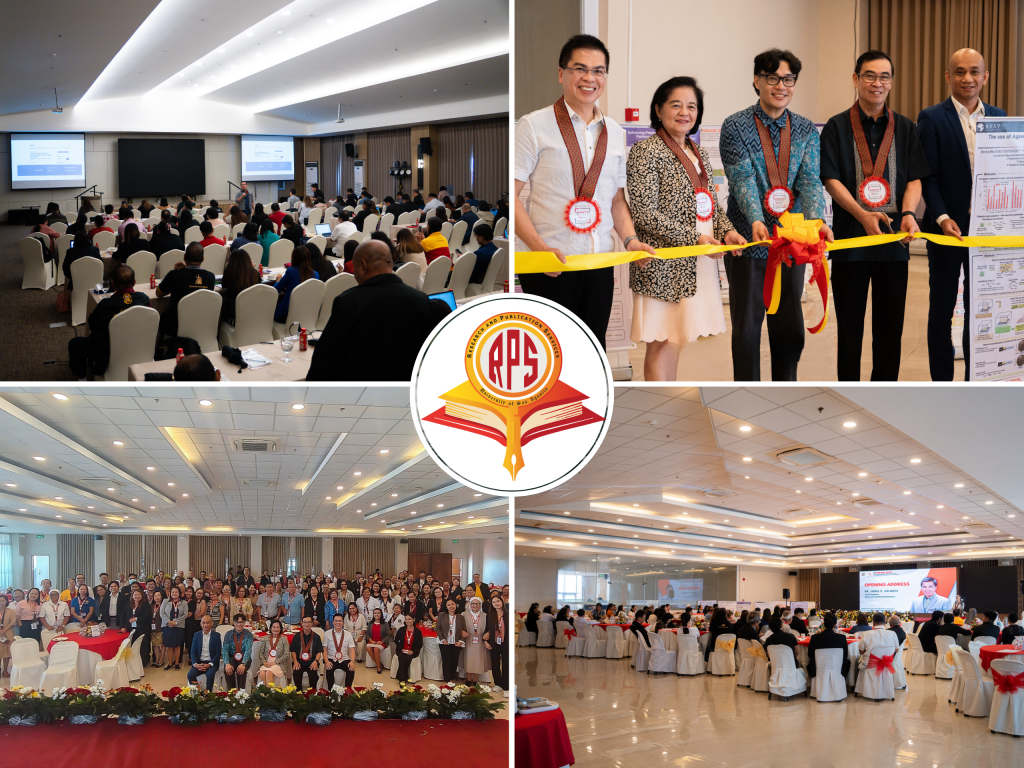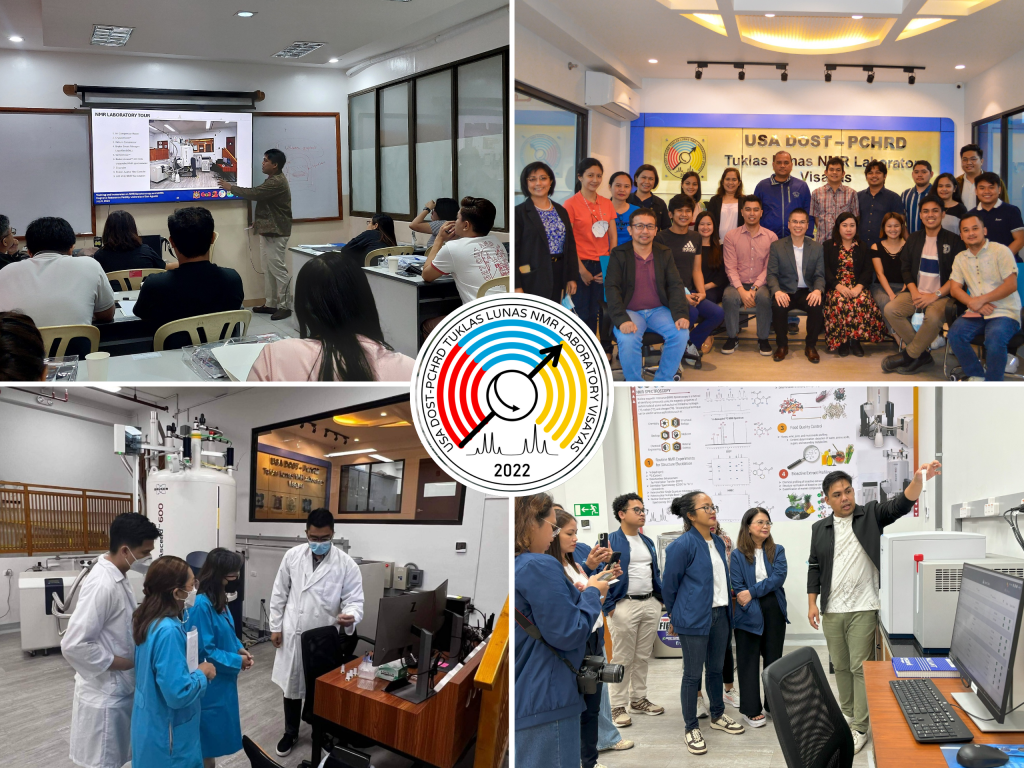Research Service Units
- Home
- Research Service Units
PROTECTING THE UNIVERSITY’S INTELLECTUAL PROPERTY
INNOVATION & TECHNOLOGY SUPPORT OFFICE (ITSO)
The Innovation and Technology Support Office (ITSO), often referred to as “Patent Libraries,” is a flagship initiative by the Intellectual Property Office of the Philippines (IPOPHL) implemented in universities and higher education institutions across the country. This program, which began in 2010, was established through a cooperation agreement with the World Intellectual Property Organization (WIPO).
The primary aim of ITSO is to “strengthen local institutional capacity to access patent information for use in research, education, idea generation, and business development.” ITSO serves as a key resource for patent services, including patent searches, drafting, and overall intellectual property (IP) management. This encompasses IP application processes, commercialization, and awareness activities.
With ITSO integrated into the university setting, the process of filing IP applications—such as copyrights, trademarks, industrial designs, utility models, and patents—has become more streamlined and accessible for faculty, students, and the public. Some ITSOs extend their reach beyond universities to government agencies and non-profit organizations, supporting local communities as well.
A LABORATORY NAMED AFTER A PIONEER
GREGOR MENDEL RESEARCH LABORATORIES (GMRL)
The history of the ORGR would not be complete without mentioning the Gregor Mendel Research Laboratories. After all, it was the need to upgrade the existing laboratory that led the University to tap Dr. Jonel Saludes, then a Balik Scientist of the DOST, to help renovate it for the purpose of securing accreditation for the university’s Medical Technology program.
The Gregor Mendel Research Laboratories (GMRL) of the University of San Agustin in Iloilo City, Philippines, was established to honor the contributions of the famous scientist, Gregor Johann Mendel, OSA. Mendel, an Augustinian friar, who is widely known as the Father of Modern Genetics due to his groundbreaking research on pea plants, which led to the discovery of the laws of inheritance.
GMRL’s commitment to education and training has also been essential in building the next generation of researchers in the country. It continues to be a beacon of excellence in research and laboratory facilities and will undoubtedly make even more significant contributions to young scientists in the years to come.
ADVANCING RESEARCH EXCELLENCE THROUGH MENTORING AND SUPPORT SERVICES
RESEARCH AND PUBLICATION SERVICES OFFICE (RPS)
The Research and Publication Services Office (RPS) plays a vital role in cultivating a vibrant research culture within the University of San Agustin. It supports faculty, staff, and students in pursuing high-quality research and scholarly publication by offering a comprehensive range of services and incentives.
RPS is committed to promoting research integrity, capacity building, and innovation. Through its various programs, the office enables the academic community to actively contribute to national and global knowledge production while upholding regulatory, ethical and scientific standards.
RPS empowers researchers to navigate the publication process, access funding opportunities, and ensure compliance with regulatory, ethical and scientific standards.
Advancing Molecular Insight Through NMR Technology
Magnetic Resonance Facility (MagRF)
The Magnetic Resonance Facility (MagRF) is a premier center for high-resolution NMR analysis, offering advanced 1D and 2D NMR experiments for structural elucidation and quantification of secondary metabolites. Equipped with a 600 MHz cryoprobe NMR spectrometer, MagRF also serves as a hub for capacity building—providing foundational and hands-on training in NMR spectroscopy to support academic and research excellence across disciplines. It supports researchers in exploring complex molecular structures, developing innovative natural product research, and ensuring data accuracy through robust analytical methods. MagRF fosters scientific advancement by bridging technology, expertise, and discovery.

